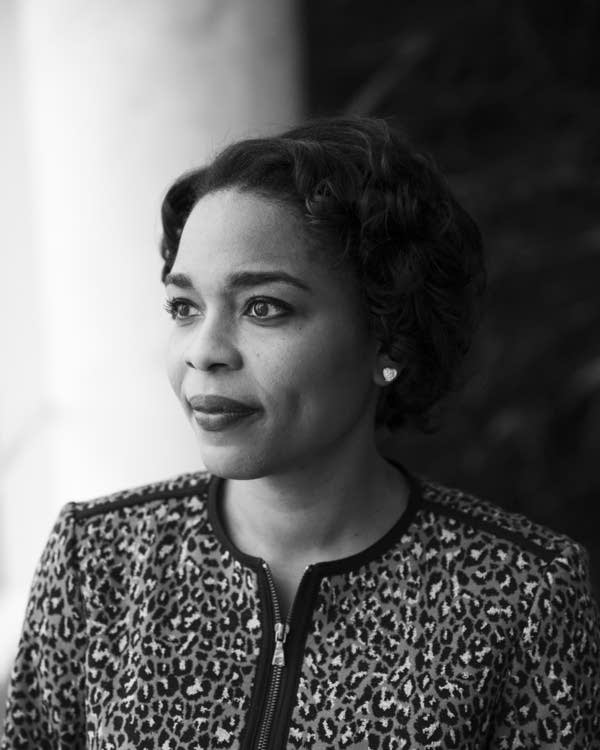ChangeMakers: Dr. LaPrincess Brewer, building 'a culture of health' for the underserved

Dr. LaPrincess Brewer is photographed at the Mayo Clinic on Wednesday, Feb. 20, 2019 in Rochester, Minn.
Christine T. Nguyen | MPR News
Go Deeper.
Create an account or log in to save stories.
Like this?
Thanks for liking this story! We have added it to a list of your favorite stories.


